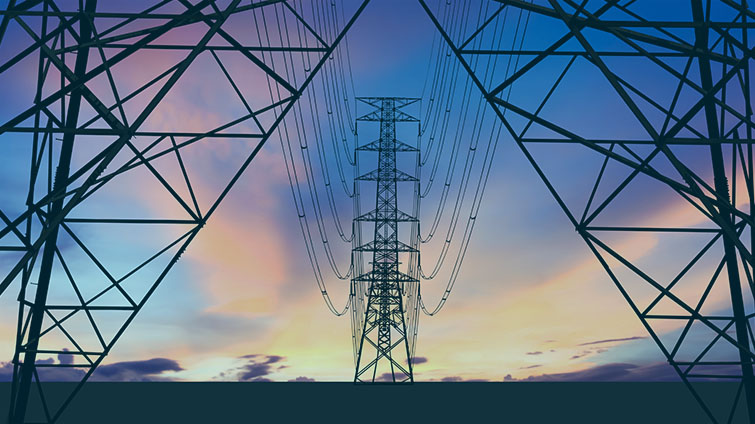Maintenance projects and tariffs impacting industry

Annual maintenance projects lead to tighter capacity
Many refineries and energy plants have entered their routine maintenance period—commonly referred to as outages or turnaround. This is placing increased strain on energy supply chains.
While these maintenance schedules are planned, replacement needs often generate a surge in last-minute shipments—especially flatbed—for critical parts and materials.
Consequently, key regions are seeing reduced flatbed availability, and spot rates on critical transportation lanes are rising. Anticipate the potential for delays and increased costs when sourcing flatbed transportation for urgent or unplanned shipments. Proactive communication with logistics providers and flexible supply chain planning are essential to mitigate the impact of this market volatility.
Potential supply chain disruptions in utility and oil and gas sectors
The utility and energy-generation sector can anticipate increased costs due to U.S. tariffs on imported equipment, such as transformers and other vital infrastructure components from countries such as China.
- New and existing equipment for infrastructure projects could potentially be delayed due to higher costs, economic uncertainty, and shifting regulatory environments.
- Many utility companies are investing in smart grid technologies and automation to enhance efficiency and reduce operational costs. By optimizing energy distribution and consumption, their goal is to offset cost increases from tariffs and other economic uncertainties.
The oil and gas industry may be impacted by a yet-to-be-implemented 25% U.S. tariff on goods from countries that import Venezuelan oil. The U.S. administration is targeting nations such as China, which accounted for 55% of Venezuela's crude exports in February 2025. If implemented, this move may disrupt global oil supply chains and elevate prices. Tariffs on Canadian and Mexican oil imports threaten to disrupt the North American energy trade.
- The oil and gas industry is looking to mitigate the impact of tariffs through new technological advancements and automation, such as using artificial intelligence to optimize operations and reduce costs.
For the latest updates, see our client advisories.